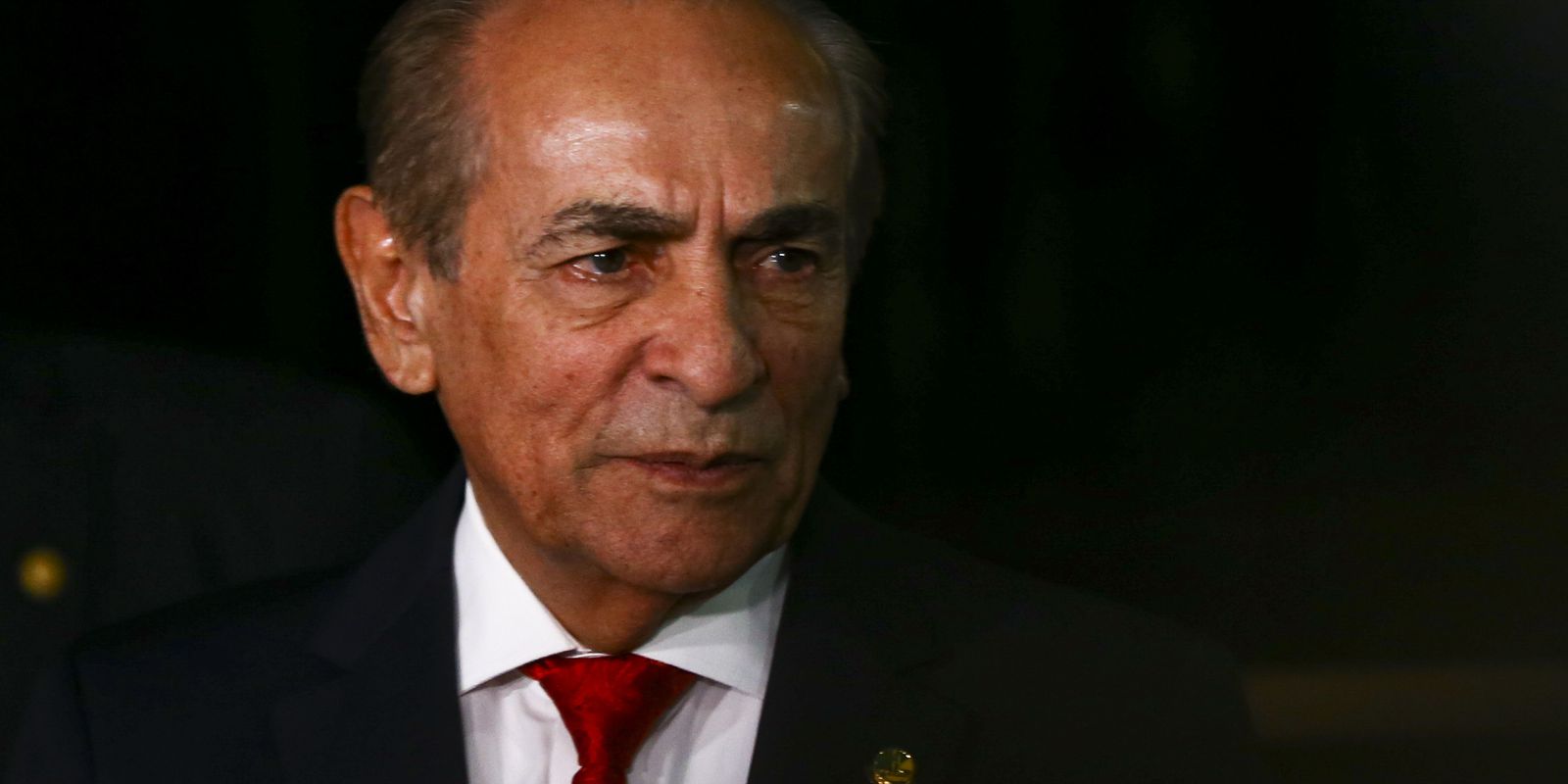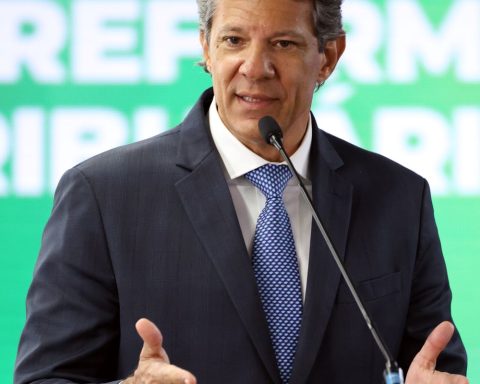The general rapporteur for the 2023 Budget, senator Marcelo Castro (MDB-PI), said this Wednesday (21) that the Joint Budget Commission (CMO) will vote on the Annual Budget Law at 10 am on Thursday (22). The forecast of the congressman is that the Congress analyze the proposal soon after the deliberation of the commission.
In Marcelo Castro’s assessment, the Union’s Budget for next year will only be made possible with the approval of the Transition PEC. School subjects was approved today by the House and returned to the Senate after modification of the deputies. The text foresees the continuity of the payment of the Auxílio Brasil of R$ 600, which will once again be called Bolsa Família and a real increase in the minimum wage from January.
“It was a very important movement for the country, because we had an absolutely unfeasible Budget and now we have a Budget that is not ideal, but a reasonable Budget, which recomposed several budgetary actions that were in deficit and can meet this social demand from the Bolsa Family,” said Castro.
secret budget
The senator also stated that the so-called secret budget ended with the decision of the Federal Supreme Court (STF), which considered the measure unconstitutional. According to him, party leaders and the elected government team will define the reallocation of resources from the rapporteur’s amendments.
“I have no special power over these resources. The only power I have is to allocate these resources. So we are going to allocate part of these resources to health, part of these resources to education, part of these resources to regional development, part of these resources to citizenship, and, reaching the ministries, from there, I fulfilled my mission”, he said.
After the decision of the STF, congressmen agreed on a new division for the R$ 19.4 billion initially foreseen for next year for the secret budget. Half, R$ 9.85 billion, will go to the ministries through amendments to public policies with discretionary execution by the Executive. The other half will go to individual tax amendments and rose to around R$21 billion (R$19.7 million per congressman).















